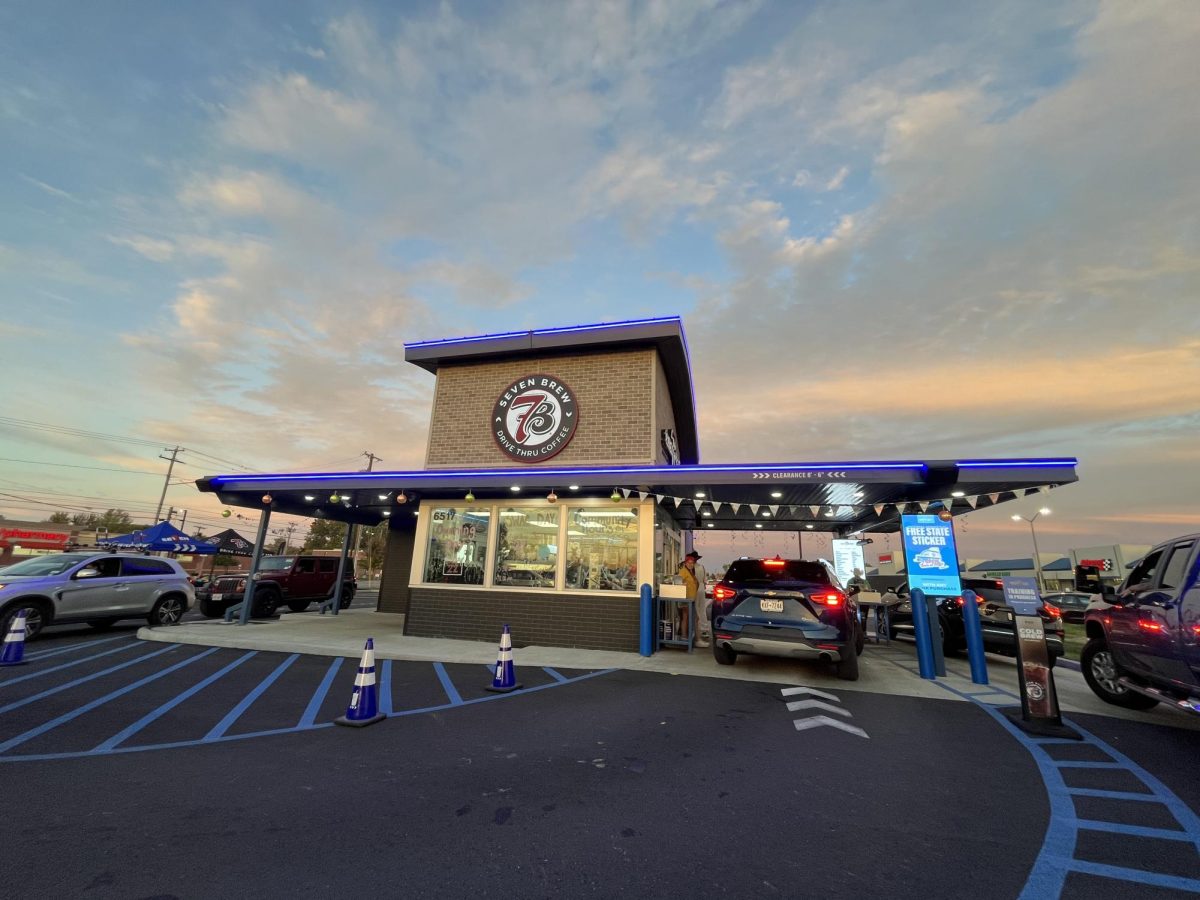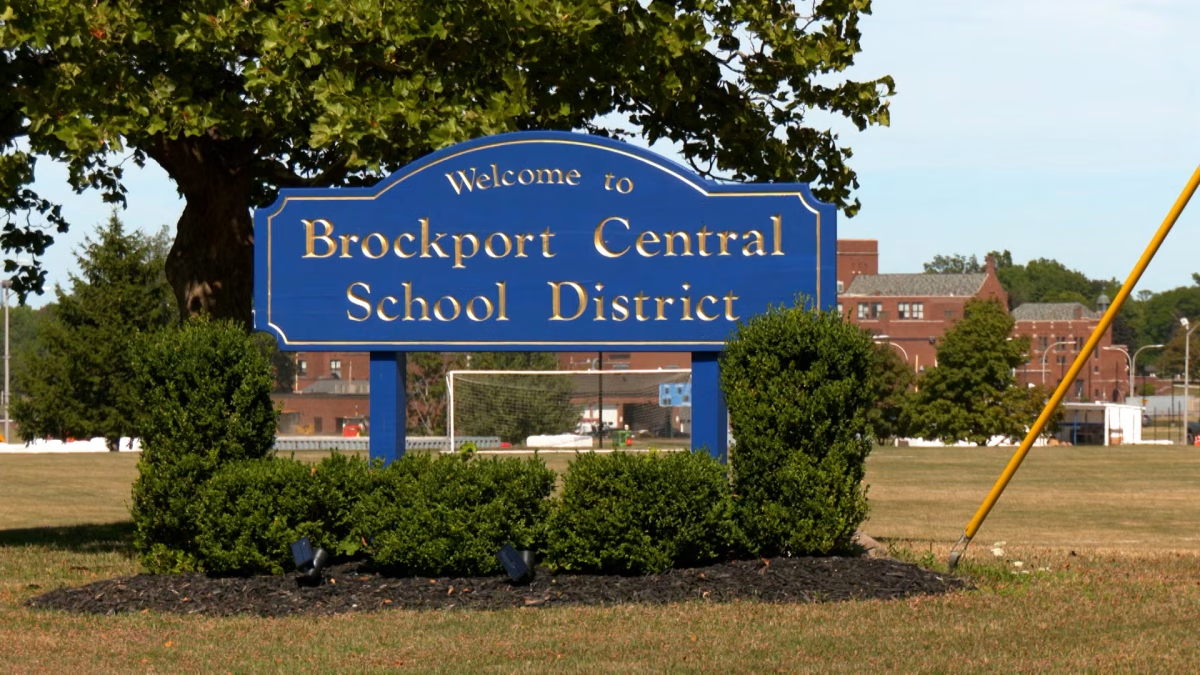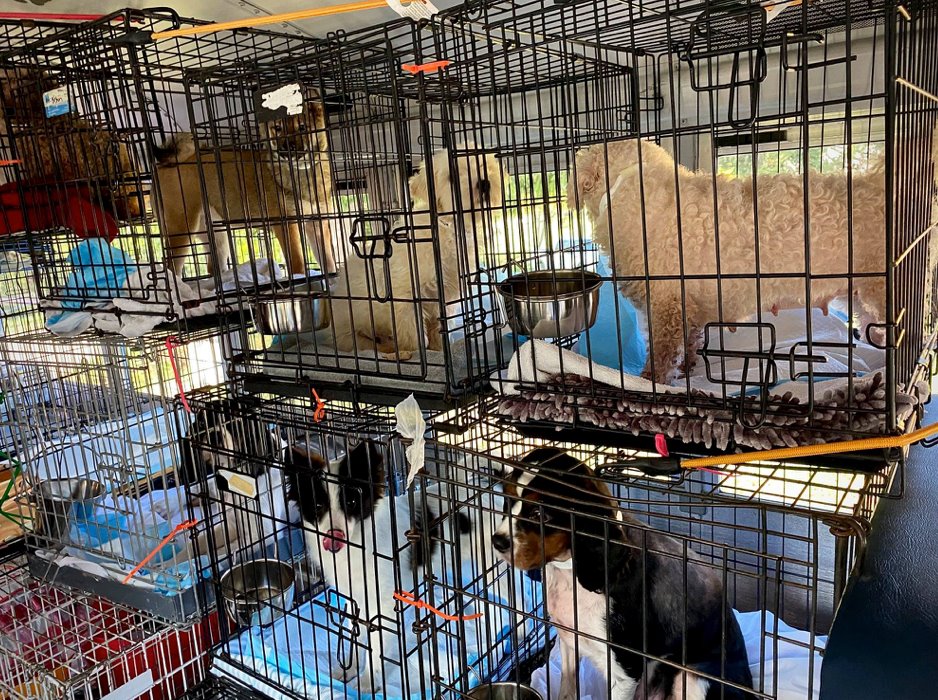By Makayla Leitten
Brockport, NY– A chorus of withered barks, the smell of urine and feces matted into fur, and the sight of weakened paws reaching through wired floors are common features in puppy mills across the United States. These dogs, abused and bred to the brink of death, wait in their overcrowded cages for their turn to pass over the rainbow bridge. A beacon of hope for these dogs and puppies presents itself in the Puppy Mill Rescue Team.
The Puppy Mill Rescue Team is a nonprofit organization based in Brockport that provides a variety of services to the puppy mill survivors they rescue. The team was first brought together after a volunteer working with co-owner Lisa Jackson, had received a call from a veterinarian in Ohio who was euthanizing dogs that were given up by their breeders.
“There were dogs that were either retiring, they no longer were going to breed, or they had deformities, or they couldn’t sell them and the veterinarian reached out to this volunteer to say, ‘Hey if I network these dogs with you, can you put them into rescue,’” said Jackson. “So, for years, we would get lists from her and we would network them with various rescues and then we would transport them where they needed to go.”
After years of insufficient transportation for the rescues, Jackson and her colleagues decided it was time to upgrade.
“In 2019, we wanted to get a transport vehicle,” said Jackson “So we formed ourselves as a nonprofit, a 501C3, bought a van, and then we continued to transport puppy mill surrenders”
Most of the dogs that the Puppy Mill Rescue Team saves are from puppy mills in the Ohio area and are transported to rescues across the East Coast. Before being rescued, the dogs’ living conditions were incapable of keeping them healthy.
“They don’t see veterinarians, even though there are regulations that these dogs are supposed to see a vet once a year,” said Jackson. “The cage requirement is just six inches larger than the dog on all sides which is a very tight fit and they’re supposed to have access to clean water and food. But if you read online inspections they typically eat out of moldy food bowls and drink dirty water.”
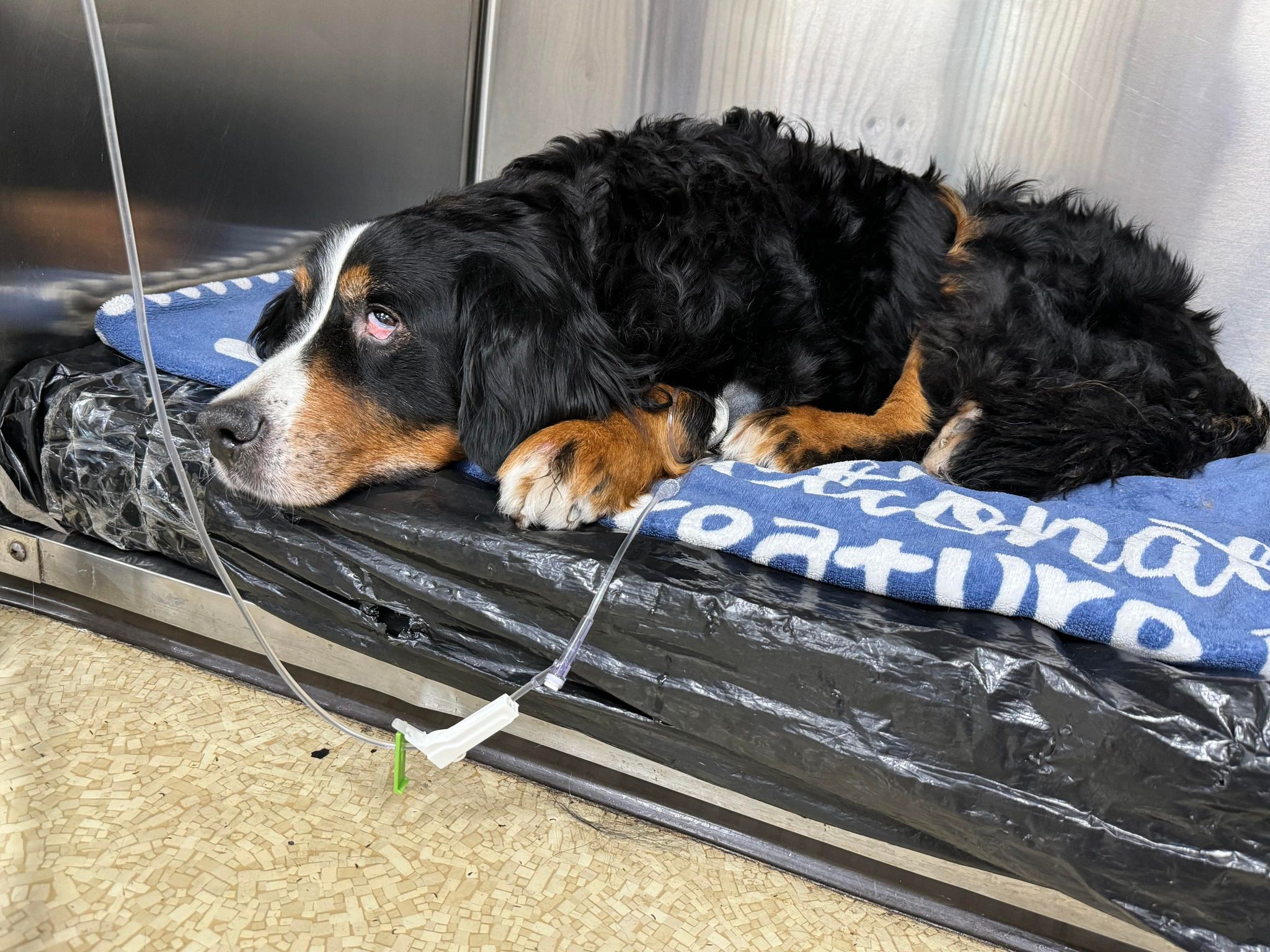
Due to both the unhealthy living conditions and inadequate medical care for these dogs, they develop a variety of illnesses and injuries.
“We get dogs all the time that have embedded collars, masses that have not been addressed, infections, severe dental disease, ear infections, ear mites, things like that,” said Jackson.
Some health issues have progressively become more common throughout the past years.
“Dental diseases are very common because we’ll get really young dogs that have been eating crap food,” said Jackson “Right now we’re treating a dog with what’s called pyometra [an infection of the uterus] which only happens to unspayed females, and that’s something we see a lot, and it’s deadly. We also get a lot of dogs with heart disease.”
Tara Seklar, having the roles of both Vice President and Vetting Coordinator for the Puppy Mill Rescue Team, has seen a variety of dogs with different illnesses and injuries. During her time at the Puppy Mill Rescue Team, there is one particular instance of a rescue and its injuries that has stuck with her.
“One that hurts the most is rescuing a dog from a horrible mill and seeing a hole through his nose due to cancer. It was too late for that husky but we came together as a team and gave him one great night before having to put him to sleep,” said Seklar. “I will never forget him or how it felt to see how bad he looked the first time we laid eyes on him.”
For the dogs who do survive their illnesses and injuries, their next step to a better life is to be transported to a rescue. To be able to travel, the dogs are taken to a local veterinarian, which the Puppy Mill Rescue Team pays to take care of the dog’s health care. In doing so, the veterinarian spays and neuters the dogs and provides a health certificate, which is needed for importing animals across state lines.
Once approved to travel, these dogs hop on what Jackson calls a “pony express”
“We usually get a list and we get a date for when they’re gonna be dropped off,” said Jackson “We arrange for transport that day and we have a van in Ohio that drives about halfway up, we have another van that meets it, but along the way the dogs are getting dropped off at various sites where other rescues are going to pick them up.”
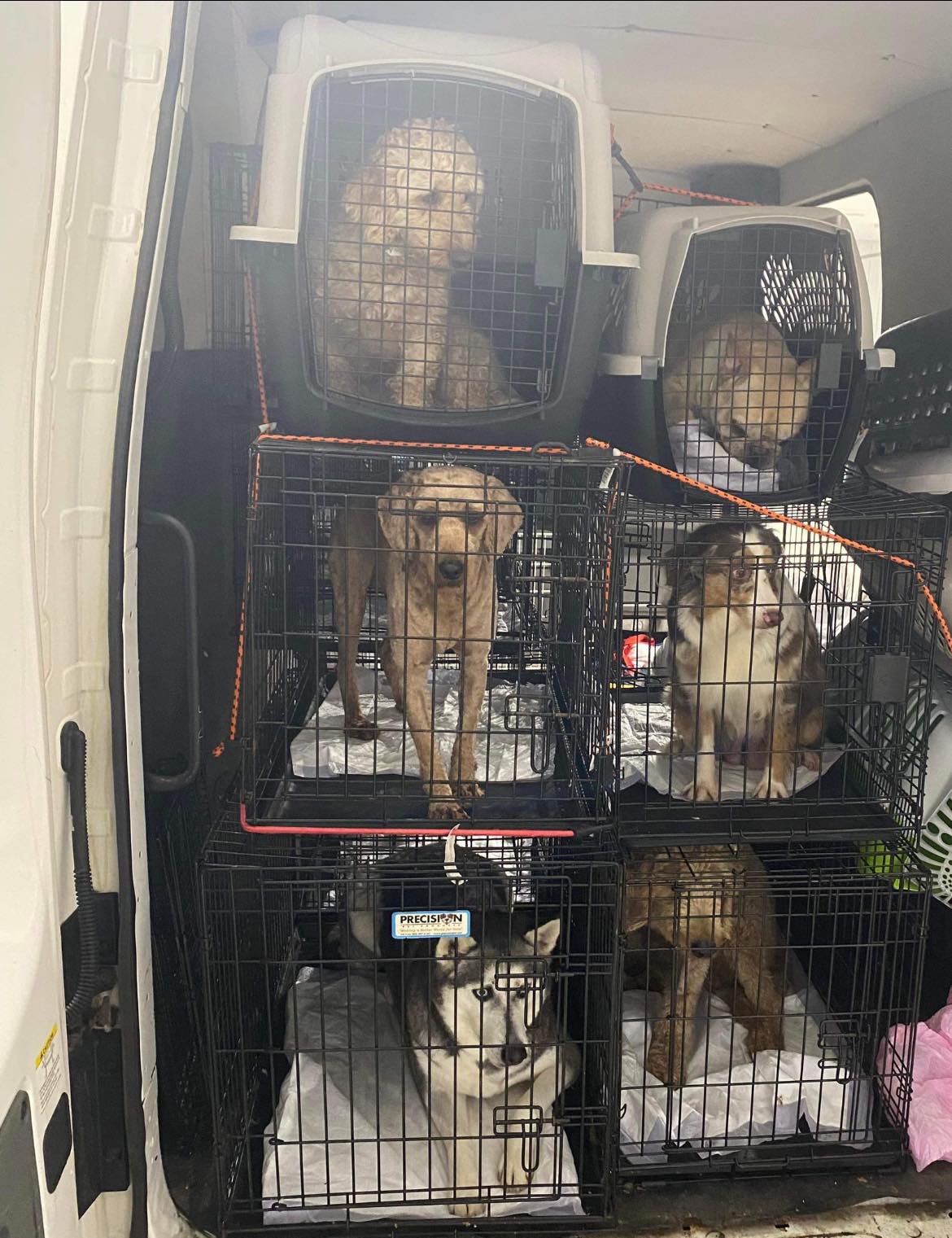
With an overwhelming number of dogs coming in and not enough space at rescues, the Puppy Mill Rescue Team developed their very own foster-based rescue to help take in those who could not be transferred to another rescue. Taylor Sexton, a volunteer for the Puppy Mill Rescue Team says that dealing with the overpopulation issues in rescues is one of the more difficult parts of her job.
“The never-ending ask for help from other places across the country due to pet overpopulation is difficult,” said Sexton. “Even though we can save who we can, it’s hard sometimes knowing all of those you can’t.
When it comes to the fostering and adoption process, the organization thoroughly checks all of the applicants to ensure that the dogs are staying in a safe and healthy home.
“Anybody that we’re going to give a dog to, whether it’s a foster or an adopter, we’re going to get an application and we’re going to screen them by doing a home visit, calling their veterinarian, and meeting everybody in the family,” said Jackson.
Those who choose to become fosters can commit for two weeks up to a few months. During that time, they have financial help from the organization and eventually become a deciding factor in the foster dogs’ potential forever home.
“If somebody signs up to be a foster, the rescue pays for all of the things that the dog needs. All the vet care, food, crates, toys, collars, leashes, things like that,” said Jackson. “Once you become a foster for us, then you screen the applications for the dog that you are fostering because you know the dog the best.”
During the adoption process, applicants must pay an adoption fee, which varies depending on the breed and age of the dog. Adoption fees for the Puppy Mill Rescue Team are crucial investments for the welfare of the other dogs at the rescue, according to Jackson. The money made from adoptions directly supports the dogs with higher medical needs.

As the cost of living goes up, Jackson finds that the cost of medical care for these dogs becomes more expensive as well.
“We’re really running at a deficit this year,” said Jackson. “We just have so many dogs with seven-thousand-dollar surgeries. It’s really hard when you make it fifty or a hundred dollars per adoption and you have three dogs in three months that have seven-thousand-dollar surgeries.”
To help raise funds for medical care, the organization sets up fundraisers and in-person events. Through these events, they raise awareness of the dangers of puppy mills and gain potential fosters and adopters.
“We are a huge and great team of people tied together at the heartstrings in the quest to save unwanted and discarded dogs,” said Seklar. “I hope our team continues to grow and we are able to educate people about our mission and why we need to put an end to puppy mills.”
The Puppy Mill Rescue Team will continue its mission to advocate for change in the puppy mill industry and give dogs a second chance at life.

